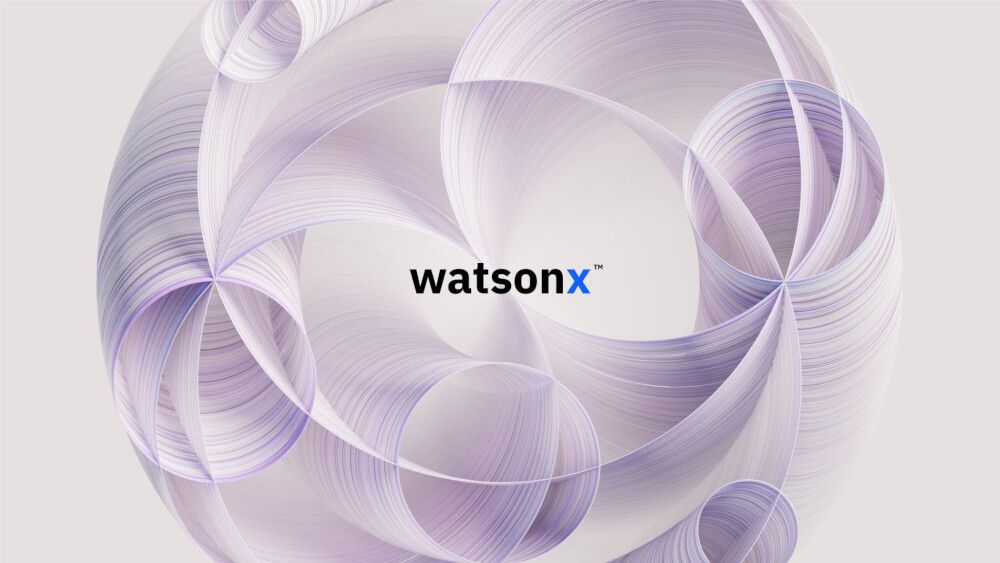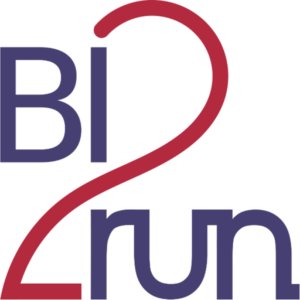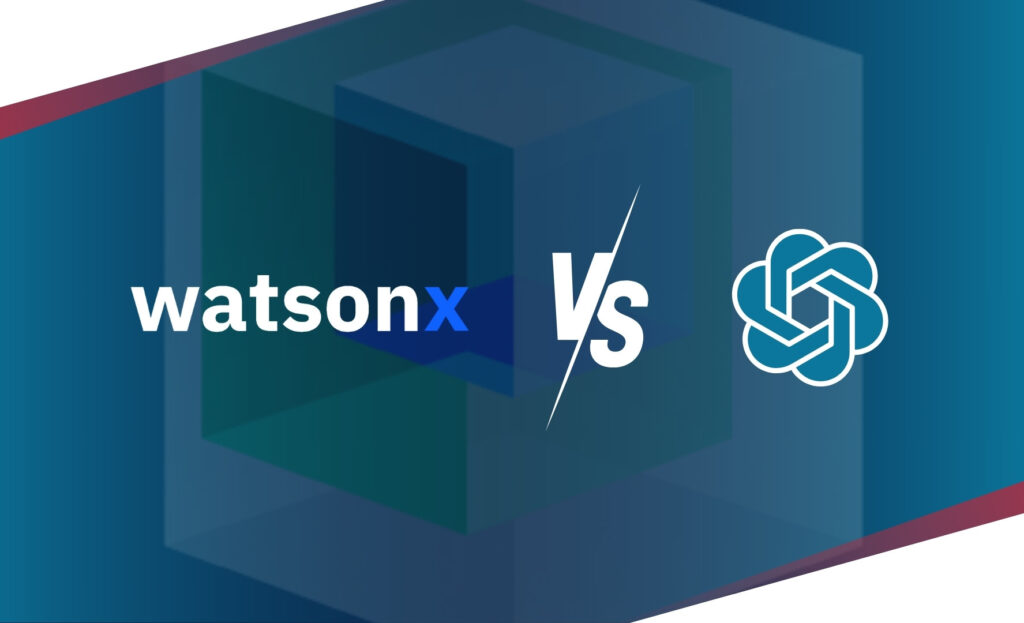IBM has presented the latest version of its AI model on October 20, 2024: Granite 3.0, a central component of IBM’s watsonx platform. In the race for supremacy in enterprise AI, IBM is therefore taking another significant step forward. But how does the new model compare to better-known AI solutions such as ChatGPT from OpenAI?
What exactly is IBM Granite 3.0?
IBM Granite 3.0 is part of the AI solution that IBM markets under the name watsonx – a platform specifically designed for organizations that value control of their data and accuracy of models. Granite 3.0 is a powerful language model designed to meet the needs of organizations seeking custom AI solutions. IBM emphasizes that Granite 3.0 is primarily optimized for specific enterprise applications, while many generic language models, such as ChatGPT, are more focused on general queries.
The model is designed to deliver accurate results with less data, without relying on huge data sets. Granite 3.0 is particularly focused on providing transparent and comprehensible answers – an aspect that is becoming increasingly important for many companies when it comes to integrating AI into their day-to-day business.
The Granite 3.0 models from IBM include:
- Universally applicable LLMs: Granite-3.0-8B-Instruct, Granite-3.0-8B-Base, Granite-3.0-2B-Instruct, and Granite-3.0-2B-Base.
- LLM-based input-output guard rail models: Granite-Guardian-3.0-8B, Granite-Guardian-3.0-2B
- Mixture of Experts (MoE) models to minimize latencys: Granite-3.0-3B-A800M-Instruct, Granite-3.0-1B-A400M-Instruct
- Speculative decoder for increased inference speed and efficiency: Granite-3.0-8B-Instruct-Accelerator
The benefits of Granite 3.0
1. Powerful performance and efficiency
Granite 3.0 impresses with its powerful language models, above all the Granite 3.0 8B Instruct. It has been trained on over 12 trillion tokens in 12 languages and offers maximum efficiency through speculative decoding, which increases the speed of text generation by 220%. Companies benefit from faster and more resource-efficient AI.
2. Highest security standards and transparency
Granite 3.0 provides market-leading security solutions with the Granite Guardian 3.0 range. These models monitor inputs and outputs to avoid risks such as unethical content. IBM also discloses all training methods and data sets, which strengthens trust in the technology.
3. Flexibility and adaptability
Granite 3.0 is highly customizable and can be tailored to a company’s specific needs. The InstructLab platform enables individual fine-tuning, which reduces costs and training time. Companies can use Granite 3.0 in a variety of areas such as text generation, code creation and tool-supported work.
4. Future-proof and sustainable
Granite 3.0 is also a sustainable choice: IBM is committed to renewable energy and offers future-proof technologies with multilingual support and planned multimodal capabilities. Companies using Granite 3.0 today are well prepared for the challenges ahead.

watsonx vs ChatGPT: What are the differences?
While ChatGPT is primarily known for its ability to provide far-reaching and conversational answers, IBM is taking a different approach with watsonx. IBM is primarily targeting industries that have particularly high requirements for data sovereignty and data control – such as finance, healthcare and the public sector. The focus here is on precise results and the ability to understand the underlying models in detail through transparency.
ChatGPT is known for its ability to provide broad and context-rich support for a variety of tasks – from answering general questions to producing creative content. However, this generic nature of ChatGPT also brings with it weaknesses in terms of data security and control, as it acts more as a kind of general-purpose AI platform. Granite 3.0 and watsonx, on the other hand, can score points with better integration into existing business processes and clear data protection controls.
What does Granite 3.0 mean for companies?
The introduction of Granite 3.0 shows that IBM wants to continue to position itself as a pioneer in the field of “AI for Business”. Companies looking for a powerful AI solution that also meets high data protection requirements will find Granite 3.0 an interesting option.
The key advantage is that IBM enables companies to retain control over their AI models and data – a critical point that is becoming increasingly important at a time when the responsible handling of data is becoming ever more important. Granite 3.0 also promises to enable companies to train their models with less but targeted data, which can be a huge relief for SMEs in particular.

Free AI pilot projects with BI2run and IBM
For companies that would like to try out the possibilities of the watsonx models, including Granite 3.0, in a real-world environment, we offer a special initiative: together with IBM, we enable companies to run free AI pilot projects, no strings attached!
Contact us now for more information and to start your free pilot project.
Conclusion: A step into the future of enterprise AI
With Granite 3.0 and the watsonx platform, IBM offers a promising alternative to generic AI solutions such as ChatGPT. Companies that value precision, data sovereignty and scalability in particular could find Granite 3.0 an attractive solution.
The question remains: Will companies continue to rely on generic models or is the trend moving towards specialized solutions such as Granite 3.0? In any case, IBM is showing that specialized AI is becoming increasingly important in the corporate sector and is raising the bar for the future of corporate AI with its latest model.







